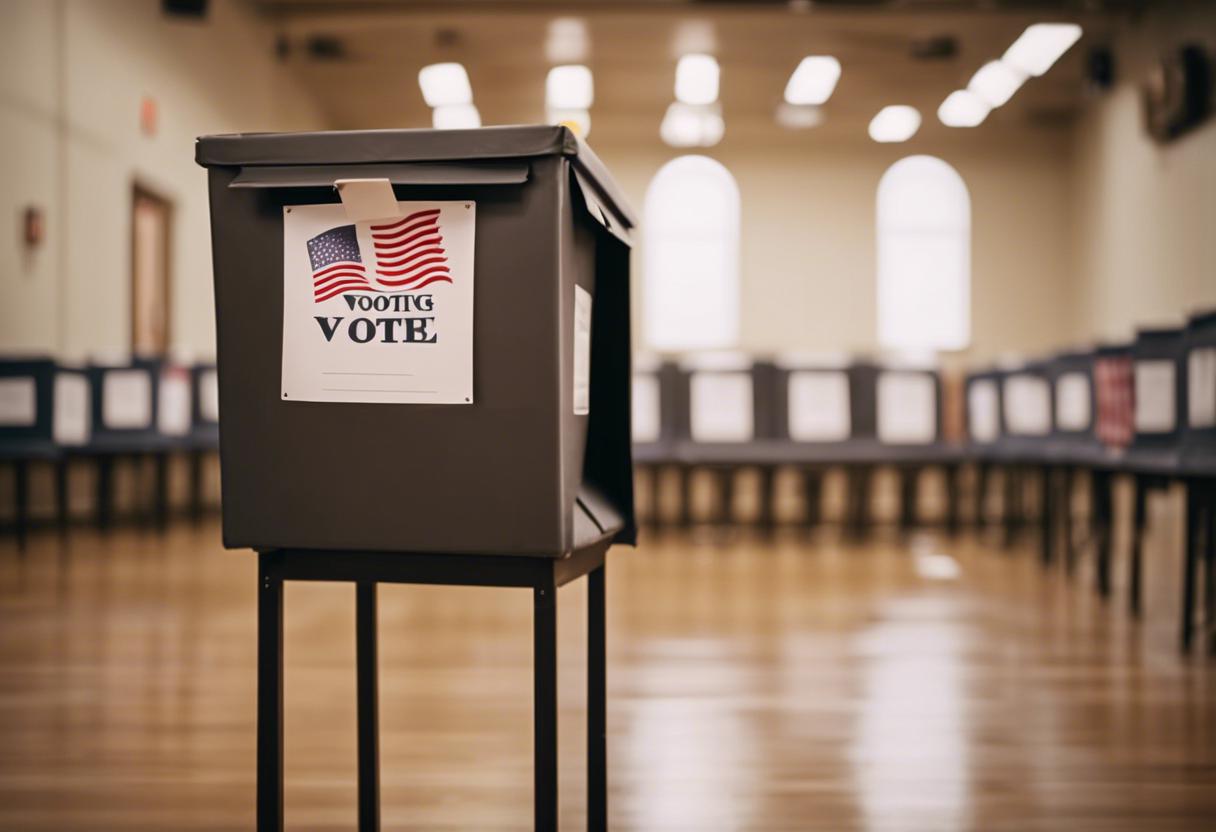An alliance has been formed by political groups holding extreme right-wing beliefs on immigration, with the intention to collectively increase their odds of success in securing Dáil seats in the forthcoming general elections. Presently, 19 candidates are contesting under the umbrella of the National Alliance, including representatives from Ireland First, the National Party, and the Irish People, as well as a handful of independents.
Following the local and European elections, the alliance was constituted during the summer. It was formed with the intention of avoiding vote splitting among these parties in future general elections, as outlined in a statement at the time. A minor victory saw six candidates with campaigns primarily against immigration and right-wing peripheries securing council seats in June.
This week, a social media video featured Derek Blighe from Ireland First, who is a part of the National Alliance’s leadership. In the video, Blighe expressed that the alliance is a concerted effort aimed at dealing with the excessive number of contesting candidates in the local and European elections; putting forth that a collaborative approach could have resulted in more seats being won. The shared principles of the National Alliance, as made explicit on their webpage, include the notion that Ireland is a home solely for the Irish and the call to stop immigration.
Alongside Blighe, others spearheading the alliance and its “election committee” include Cllr Patrick Quinlan from the National Party, and Anthony Cahill from the Irish People. Blighe, who is contesting from the Cork North Central constituency, was earlier unsuccessful in his European Parliament candidacy from the Ireland South constituency, and failed to secure a seat on the Cork County Council despite obtaining nearly 900 votes in the local election. While labelled as far-right within the Dáil, this is a tag which Blighe does not accept.
The election literature from Ireland First that was circulated prior to the June elections, claims it to be a centre-right party, while presenting the Government and Opposition groups as “far left”. It was disclosed last year that The National Party, for which Mr Quinlan serves as a councillor, owns approximately €400,000 in gold bullion. The party has lately seen a leadership dispute between James Reynolds and Justin Barrett, with both men asserting their claim to the title.
In the Midlands Northwest constituency, Mr Cahill, representing the Irish People, failed in his recent bid for a seat in the European Parliament in the June elections. He secured a little more than 4,500 votes in first preference. Not demoralised, he plans to stand for the general election in Galway West. In the past, Mr Cahill disputed the claim that his party’s immigration stance was far right. He has publicly voiced that he deems himself a left-of-centre political figure.
Art O’Leary, the registrar of political parties and chief executive of An Coimisiún Toghcháin (Electoral Commission), turned down a recent request submitted by Irish People to change its party name to National Alliance. The refusal was based on the grounds that the application was not to alter an existing party’s name and logo but seemed more an attempt to register a coalition of already recognised political parties. This goes against the terms of the Electoral Reform Act passed in 2022, according to the registrar. So far, no response has been received to the queries presented to the National Alliance and consulting parties by The Irish Times.

